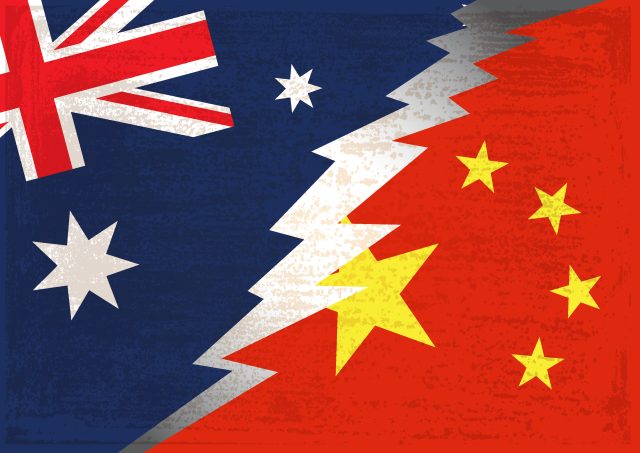This website uses cookies so that we can provide you with the best user experience possible. Cookie information is stored in your browser and performs functions such as recognising you when you return to our website and helping our team to understand which sections of the website you find most interesting and useful.
Is China near to ending Australian wine tariffs?
A trade dispute that resulted in tariffs on Australian wine to China could be coming to end following movement on barley imports.

Australian trade minister Don Farrell told CNBC he was “extremely confident” that the tariffs applied to Australian wine would eventually be removed.
The news has developed after the Chinese commerce ministry announced in a notice last week that it would be scrapping 80.5% tariffs on Australian barley, which were originally imposed during the height of the two countries dispute in 2020.
The ministry said it was making the move due to “changes in the market situation of barley in China” and it no longer needed to impose the duties on imported barley from Australia.
As a result, the Australian government said it would now stop its World Trade Organisation challenge on the barley tariffs, which is had already suspended because China had previously stated it would review the measure.
It is hoped the barley breakthrough will mean the Australian wine tariffs, which can be as much as 212%, will finally be removed. At the time of writing, the WTO challenge on the wine tariffs by the Australian government is still in place.
China’s trade tariffs on wine originally came into effect in November 2020, imposing a charge of 107.1 – 212.1% on wine exports initially (the rates varied by company), which subsequently rose to 116.2 – 218.4% in March 2021.
The punitive export sanctions contributed to wiping AUD$2.08bn off the value of Australian wine exports in the year to 30 June 2022.
Speaking about the move, Farrell said the government intended to use the barley process as a “template” for resolving the wine issue.
He said:“I’ve consistently said, including in my warm meetings with the Chinese commerce minister, Wang Wentao, that we would prefer to resolve all of our disputes with China through discussion and dialogue, rather than disputation.”
The government said it was now “confident” of its case to the WTO on wine and the remaining trade impediments, which also include red meat and lobster.
In November, Australian prime minister Anthony Albanese met Chinese president Xi Jinping – the first time that leaders from the two countries have met in six years – sparking hope that the resumption of normal relations could lead to China dropping its punitive tariffs on Australian wine. More recently, China’s lifted an unofficial ban on Australian coal in January.

